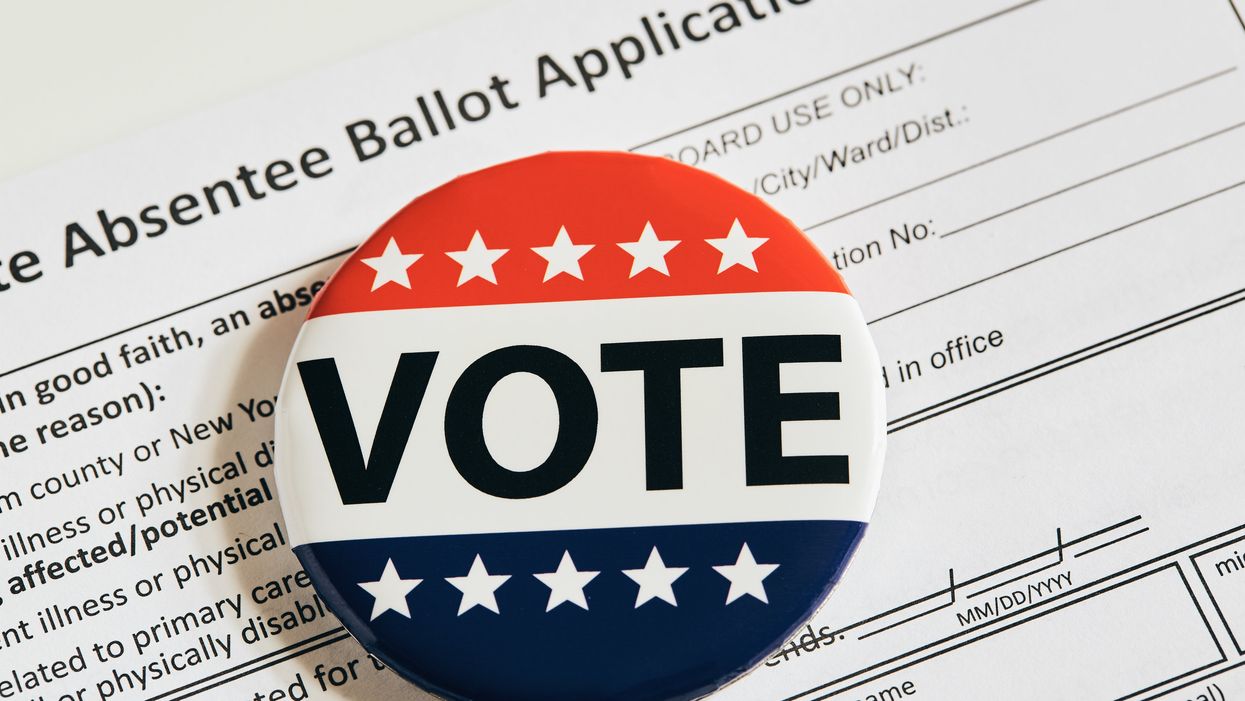Voters in states such as Texas and North Carolina were sent absentee voter request forms from political organizations that sometimes feature ads for candidates, including President Trump. As long as the form included in the ad is "not altered or pre-filled" the form would pass inspection in North Carolina, according to Patrick Gannon of the state's Board of Elections.
"As long as they are official North Carolina Absentee Ballot Request Forms (older versions of the official state form are also accepted, as we have updated them this year), and as long as no information is pre-filled, our county boards of elections should accept them," Gannon continued in his email.
Full details on determining the validity of absentee ballot request forms in North Carolina can be found here. Organizations involved in sending these mailers include the North Carolina GOP and the Center for Voter Information. Voters should make sure to inspect the forms they receive from political organizations to ensure they match their state's official request form or they can request an absentee ballot directly from their state's board of elections website.




















